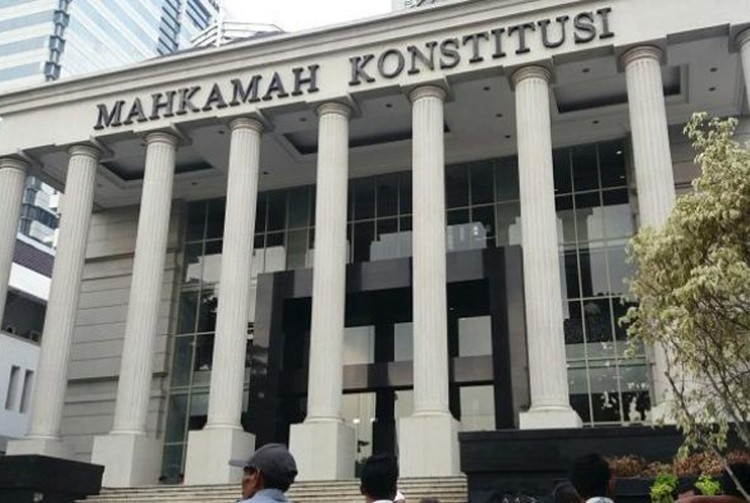Popular Reads
Top Results
Can't find what you're looking for?
View all search resultsPopular Reads
Top Results
Can't find what you're looking for?
View all search resultsCourt has delivered an honorable defeat
Prabowo may have the consolation of knowing, however, that his case was heard by an unbiased system, and that the decision ultimately rested on an impartial court that determined his case purely on the merits. #opinion
Change text size
Gift Premium Articles
to Anyone
A
s the Constitutional Court neared its decision on Prabowo Subianto’s challenge to the declared victory of Joko “Jokowi” Widodo in the 2019 presidential election, the case took on a sense of looming inevitability. The hurdles faced by the Prabowo team appeared increasingly insurmountable, and their argument increasingly incoherent. Given the significance of this decision, it is worthwhile asking whether the Constitutional Court process is truly the best way to resolve a dispute of such magnitude — deciding the very future of the nation.
The arguments against the use of the Constitutional Court reflect essentially one concern: that the Prabowo camp simply did not have a chance. The time provided was short for assembling a powerful case, the expenses considerable, and the size of the Indonesian electorate demanded review of an enormous bulk of potential evidence.
To address the simplest of these first, in a nation with a population of a quarter-billion, the electorate is necessarily immense. President Jokowi’s allotted percentage of the votes was over 10 percent of the electorate higher than Prabowo’s, amounting to some 17 million votes. Proving fraud on the scale necessary to outweigh such a majority required the analysis of millions of votes, a daunting task.
Further, Prabowo had only a few days from the final declaration of the election result to present his case to the court. Prabowo’s case was criticized for initially demanding that the court hold that systemic fraud rendered the entire election invalid, then changing course to attack the numbers. Doubtless the immense labor required to review millions of votes affected Prabowo’s initial, subsequently recanted decision not to pursue a numerical challenge. Given more time to state his case, Prabowo might have been able to present a more consistent case.
Regulatory complications further reduced the time available, and added to the expense. For example, the necessity of presenting hard copies to the court, not merely in triplicate but in 12 discrete copies, means that an immense amount of effort, processing time, and money was demanded for a process that is, in digital 2019, frankly obsolete. Although Prabowo could afford the billions of rupiah required to make his case, it remains a reasonable criticism that the process comes with such a cost.
Ultimately, all these challenges made assailing the election result on the basis of an evidence-heavy challenge to the numbers extremely difficult. Prabowo’s easiest case thus rested on his claims that Jokowi’s vice-presidential candidate, Ma’ruf Amin, was disqualified by failure to divest himself from a state-linked business, or that Jokowi’s campaign involved funding either by the state or by illicit donations. When these claims failed, Prabowo’s case had to prove alleged fraud on a staggering scale, demanding vast quantities of evidence to be analyzed at enormous expense and in a limited period of time.
However, having taken on these numerous challenges, it must be said that Prabowo’s team failed to state their case as efficiently as they might have, and they made several wrenching slips that may have cost them dearly. These were not due to the Constitutional Court process, and instead reflect strategic failures by Prabowo or his legal counsel. It cannot be stated that the procedural difficulties Prabowo faced ensured his defeat, when such serious mistakes were made in the substance of his argument.


















